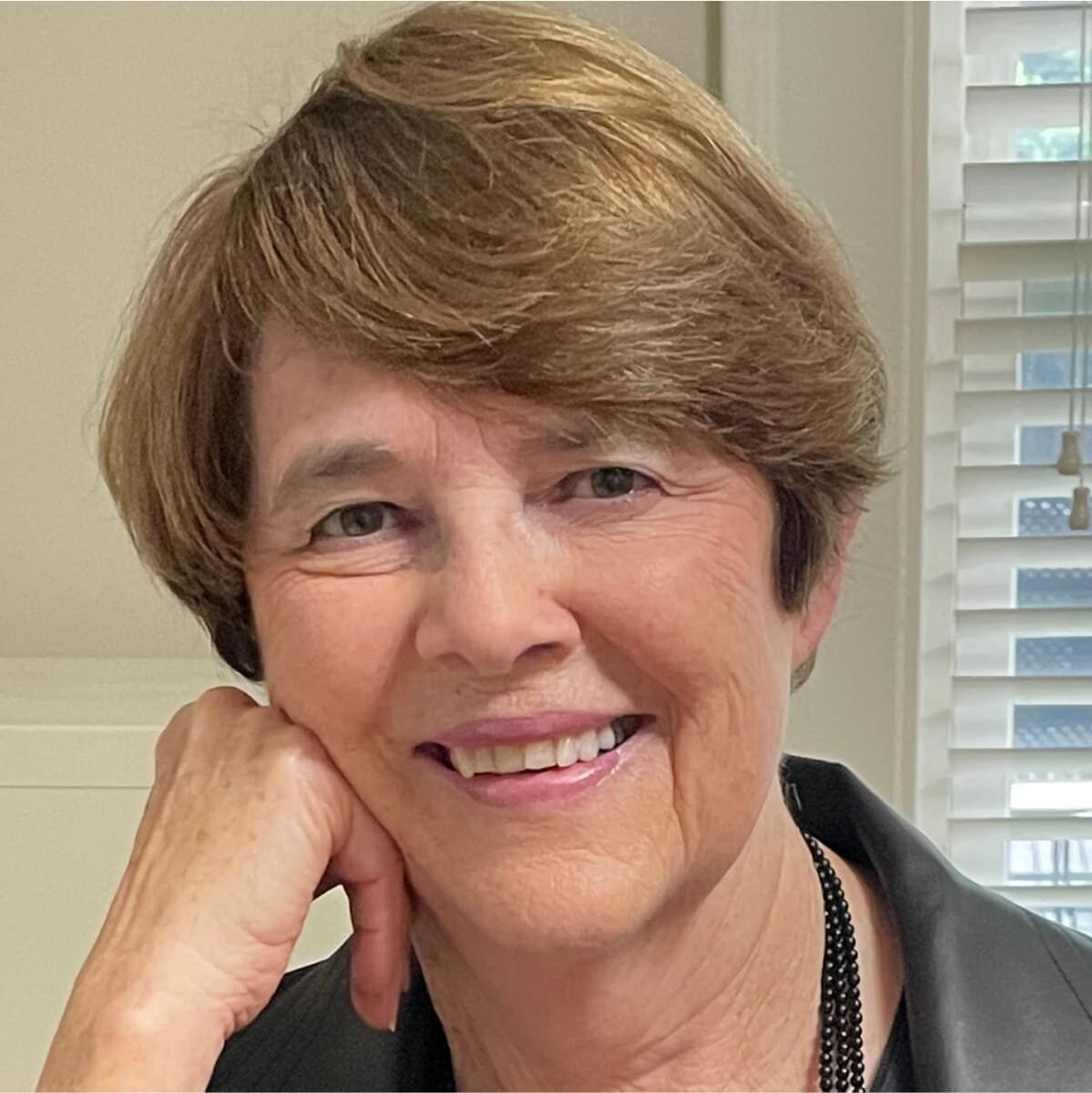
Lifelong Learning for “Seasoned Adults”
July 20, 2018
I am a “seasoned adult,” which, in lifelong learning parlance, means I am over 50. And, I want to “thrive in life’s second half,” as the Osher Lifelong Learning Institute (OLLI) at the University of North Carolina-Asheville so aptly puts it.
But it looks like I am on my own.
Columbia has no large, comprehensive, robust college- or university affiliated program for lifelong learning to help me thrive, despite the fact Columbia is the state capital, is home to the state’s flagship university and to thousands of military and civilian retirees, and had a metropolitan area population of more than 817,000 in 2016.
In the city of Columbia itself, nearly 20 percent of our population is over 55.
So why, I wonder, don’t we have a vigorous lifelong learning institute like Clemson University does, and like Furman and USC-Beaufort and Coastal Carolina do, as well as the University of North Carolina-Asheville and Duke University and Emory and NC State and the University of Georgia— to name just a few?
“You’re not alone in wondering that,” says Kate Shelton, director of Continuing Education and Conferences at the University of South Carolina, the state’s largest university. “Other people have approached us about this, and we would like to do more. But it comes down to resources and priorities.” (The Columbia campus offers a handful of continuing education courses each year, but the number and scope are extremely limited.)
Back in 1987, lifelong learning was a priority in North Carolina. That’s the year the N.C. General Assembly passed legislation to provide annual funding to establish an innovative center at UNC-Asheville to encourage “active seniors to continue to learn and to share their accumulated knowledge and expertise with their communities.”
The South Carolina legislature has not seen fit to do likewise for The Palmetto State, but Clemson, Coastal Carolina, Furman, and USC-Beaufort have booming lifelong learning programs anyway. So do 117 other institutions of higher education in the United States from Maine to Hawaii and Alaska.
USC-Beaufort launched its lifelong learning program back in 1991 and today offers its 1,500 members more than 400 programs, including lectures, courses, workshops, film series, and educational travel. There are no exams, no prerequisites, no credits.
“Our programs are extremely popular,” says Andrea Sisino, OLLI director at USC-Beaufort. “We are very robust.” Area seniors enrolled in more than 18,000 hours of class time during the 2017-2018 school year.
But it’s “not just about the university,” says Sisino. The Beaufort area’s residents—the community—“ have put their energy into this. It’s their thing. They love it.”
What does USCBeaufort get out of it? It gets the prestige of having an OLLI on campus, with its sterling national and international reputation, says Sisino. Plus, seniors involved in OLLI often become campus mentors and loyal financial donors to the university—and what school doesn’t want more loyal financial donors?
So, what, exactly, is OLLI? OLLI, or the Osher Lifelong Learning Institute, is one of the programs of the Bernard Osher Foundation. Headquartered in San Francisco, the foundation was started in 1977 by Bernard Osher, a respected businessman and community leader who wanted to improve quality of life through support for higher education and the arts.
Ringling College in Florida and the University of North Texas are the two most recent campuses to earn an OLLI affiliation. But that affiliation isn’t necessary for a university or college to launch a lifelong learning program. UNC-Asheville’s program, for example, began in 1988 as a public service initiative and didn’t become an OLLI affiliate until 2012.
Clemson University (which has 1,400 OLLI members), and most of the other OLLI affiliates, offer a comprehensive array of programs in the arts and humanities, business and finance, computers and technology, politics and economics, history, home and garden, languages and travel, natural history, science, health and fitness, practical arts and hobbies, psychology, philosophy, and religion.
In other words, they offer classes to help us “seasoned adults” have a “creative retirement.”
The programs are self-supporting through an annual membership fee (just $30 at Clemson and $40 at USC-Beaufort), term fees, donations, gifts, grants, and fundraising activities.
A high-school friend of mine, Nancy Cammarano, has taken numerous courses over the years from the lifelong learning program at NC State after she and her husband relocated to Raleigh. “I remember a feeling of excitement and anticipation reminiscent of college days when classes would resume in the fall,” she says, “— not a feeling I expected to experience in my 60s!”
The poetry of Emily Dickinson, the rambunctious life of Theodore Roosevelt, Turkish politics and history and culture, film studies, classical mythology— Nancy and her husband took these classes and many more.
Shouldn’t Columbia, another growing state capital in the South, offer the same? It just takes engaged community residents to start pushing— and a college or university willing to be a partner—to make lifelong learning a priority.

Jan Collins is a Columbia, South Carolina-based journalist, editor, and author. A former Nieman Fellow at Harvard and former Congressional Fellow in Washington, D. C., she is the coauthor of Next Steps: A Practical Guide to Planning for the Best Half of Your Life (Quill Driver Books, 2009).